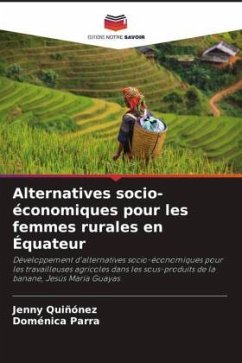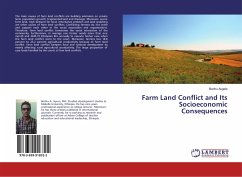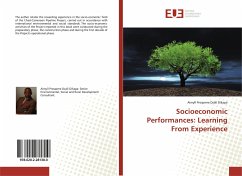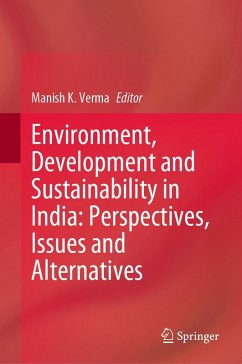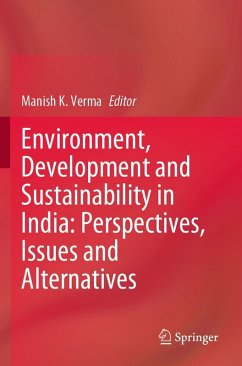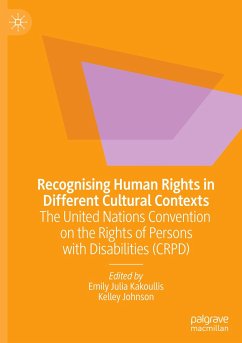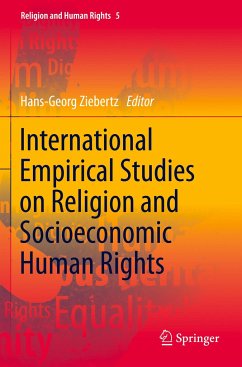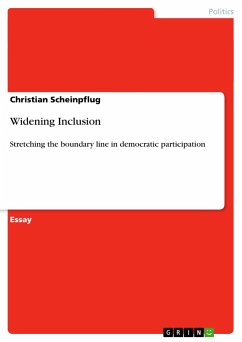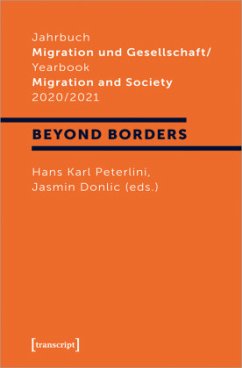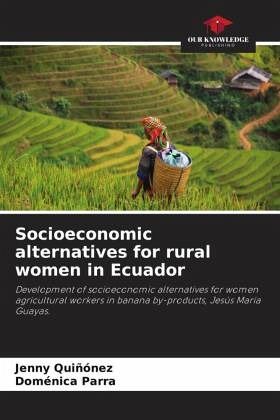
Socioeconomic alternatives for rural women in Ecuador
Development of socioeconomic alternatives for women agricultural workers in banana by-products, Jesús María Guayas.
Versandkostenfrei!
Versandfertig in 6-10 Tagen
29,99 €
inkl. MwSt.

PAYBACK Punkte
15 °P sammeln!
The participation of women in the labor market has increased in recent years in a positive way, contributing to the socio-economic, cultural and human development of the country. However, in the area of agriculture, women still face limitations in the development of their economic income. The present work seeks to develop socioeconomic alternatives for women agricultural workers with banana (Musa acuminata) by-products in the parish of Jesús María (Guayas), whose objectives are: to characterize the role of women agricultural workers, analyze the socioeconomic environment and the elaboration ...
The participation of women in the labor market has increased in recent years in a positive way, contributing to the socio-economic, cultural and human development of the country. However, in the area of agriculture, women still face limitations in the development of their economic income. The present work seeks to develop socioeconomic alternatives for women agricultural workers with banana (Musa acuminata) by-products in the parish of Jesús María (Guayas), whose objectives are: to characterize the role of women agricultural workers, analyze the socioeconomic environment and the elaboration of socioeconomic proposals. To complete this information, a survey of rural women between 18 and 45 years of age was conducted. And it is concluded that women as inclusive agricultural workers, develop the impulse and the importance they have as human capital in agriculture, demonstrating their autonomous role as a social factor with traditional vision that performs in the field without prejudice at the time of integration, in addition it is evidenced that socio-economic factors do not represent an obstacle in the labor performance of women workers.



